Denton County home prices went parabolic in March. The median price of a Denton County home rose 16 percent from March of last year. Average prices rose 23.5 percent to a new record of $448,566. The number of homes listed for sale in Denton County crashed 71 percent to only 976 properties. That translates to just 0.7 months of inventory at the current pace of sales.
The March figures for closed sales show a 10 percent decrease from a year ago. That’s despite a relatively easy year-over-year comparison when Covid put the brakes on the housing market last spring. Pending home sales in Denton County rose 7 percent. That’s much weaker than the North Texas average. It’s hard to generate home sales growth if you don’t have any inventory.
The lack of available inventory has led to year-over-year price increases of 20 to 30 percent in some submarkets. The entire Dallas-Fort Worth area has just 1 month of housing supply at the current pace of sales. There were 11,329 homes for sale in the DFW area last month. There were over 38,000 homes for sale in March 2020.
Across North Texas bidding wars are the order of the day when any moderately priced listing hits the market. If you want to view a home between the median and average price points in North Texas (between $300,000 and $380,000), be prepared to get your checkbook out. “Multiple offers” and “highest and best” are the comments on many listings within a matter of days of hitting the market.
Across the state and across the country, home price inflation continues to spiral higher as the Federal Reserve continues $120 billion per month in asset purchases to inflate its $7.7 trillion bubble machine.
A Realtor in Austin commented that he’s seen a listing receive as many as 150 offers after hitting the market.
“If it’s your first time to make your offer, you’re almost definitely going to lose…You’re competing against people who have already been losing a bunch. You’re competing against all these people who are coming from a place of pain.”
Austin is sitting on just two weeks of inventory. There are some submarkets in North Texas where inventory is just as tight.
Investors and vultures are looking to buy any property not tied down. I’m used to receiving unsolicited offers on rental property. It gets really creepy when you also start receiving multiple unsolicited pitches to buy your primary residence. That’s a market out of control. That’s the definition of speculative mania and the fear of missing out.
The current housing market is a boon for existing asset owners and anyone looking to sell a property. It’s a horror show for anyone trying to buy a home to live in, particularly if you are a young adult shopping for your first home.
The message from the Federal Reserve to young adults shopping for a home is this: We don’t care!
Jerome Powell and America’s central bank, the Federal Reserve, have turned the U.S. housing market into a Covid freak show. In their rush to once again bail out Wall Street and existing asset holders, they unleashed a host of related problems which will take years (if not decades) to sort out.
60 Minutes interviewed Jerome Powell this weekend for his view of the U.S. economy. It was basically another puff piece from 60 Minutes with no real fact-checking or pushback from host Scott Pelley. Powell completely blew off the questions about the recent Archegos Capital Management blowup, falling back to the incredible stability of the U.S. financial system. It would have been comically appropriate for Pelley to point out that Powell was bailing out Wall Street banks months before Covid hit U.S. shores, but that didn’t happen. Yes, the U.S. financial system is so solid there’s a New Jersey deli doing $35,000 in annual revenue valued at $100 million.
Powell’s message to the American public is that he has no plans to raise rates until the Fed sees target inflation above 2 percent. Despite an insanely overheated housing market and record high stock prices, Powell is sticking to the Fed script (aka lying his ass off). As a reminder, Powell’s metric for home price inflation (CPI measure of owner’s equivalent rent) is a comical work of fiction.
The narrative Powell was spinning on 60 Minutes is even more sinister than it appears. Powell and his cronies at the Fed keep talking about their support of the economy, but that’s not the real story. The Fed is supporting existing asset owners, NOT the overall U.S. economy. The U.S. real estate market is a perfect example. The Fed’s own wealth distribution data lay out the fraud of their trickle-down policies very clearly. The Fed knows the bottom 50 percent of the population don’t own many assets. For those who do, real estate is the largest source of wealth in the bottom 50 percent cohort.
When the Federal Reserve inflates the housing market as it has clearly done, most people in the bottom 50% don’t benefit. They do have to pay more to rent as the cost of living increases. As a result they get further locked out from buying a home. This is exactly what is happening in the current housing market. The situation for the bottom 50 percent is even more dire if you look at financial assets like stocks.
According to Powell, Covid remains the primary risk to the U.S. economy. Rampant asset price inflation, speculation, misallocation of capital and spiraling wealth inequality are not a problem according to the Powell. Powell’s message was pretty clear if you were paying attention. The Federal Reserve aims to continue pouring gasoline into America’s corrupt financial system. As long as Powell’s millions in Blackrock investments are hitting new highs, it’s apparently going to be full steam ahead. Wall Street can continue partying like there’s no tomorrow, absent any meaningful regulation or oversight.
*Food and beverage warning* This is some seriously comical detached from reality.
It’s hard to believe this misdirection and misinformation came from Jerome Powell’s mouth, unless you understand the role of modern central bankers. While corporate media pretends that Powell is seriously concerned about a homeless camp two blocks from his DC office, the truth is that the Federal Reserve is a direct cause of spiraling wealth inequality in America, and it has been for several decades.







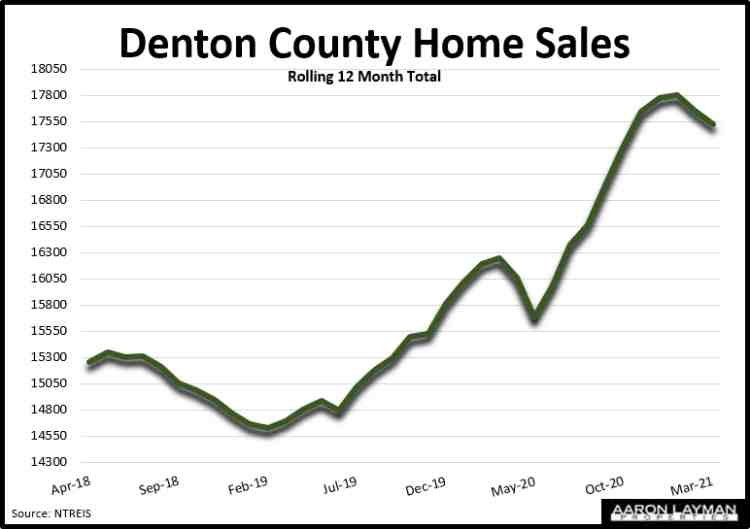





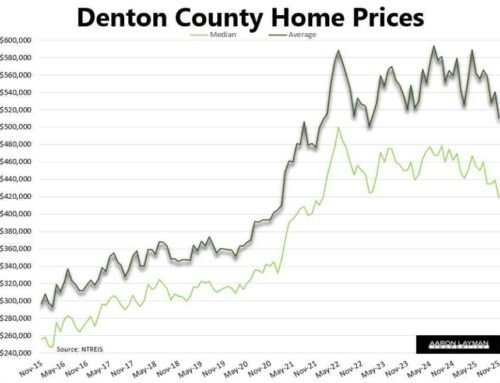
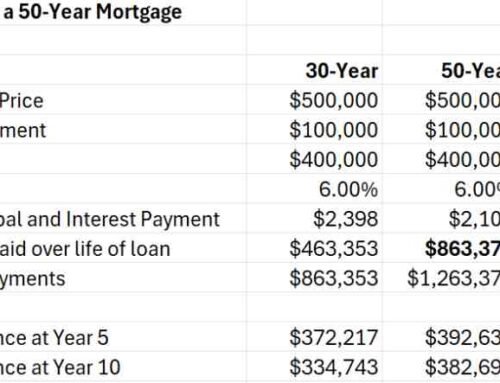
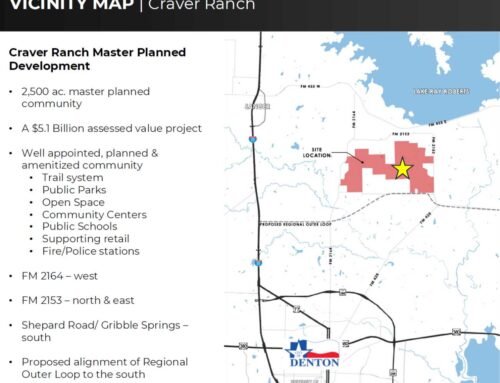
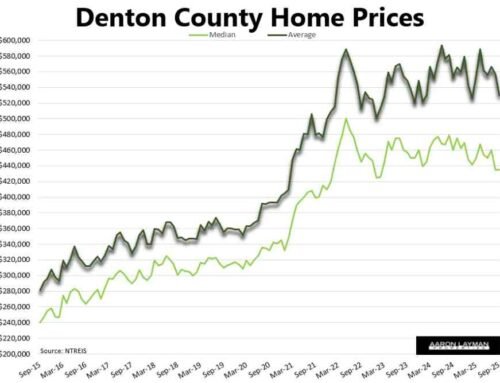
I read lots of authors, few are able to put together the current status of our economy, financial system and housing market in such a brilliant concise manner like Aaron.
Thank you.
Thank you for the kind words.